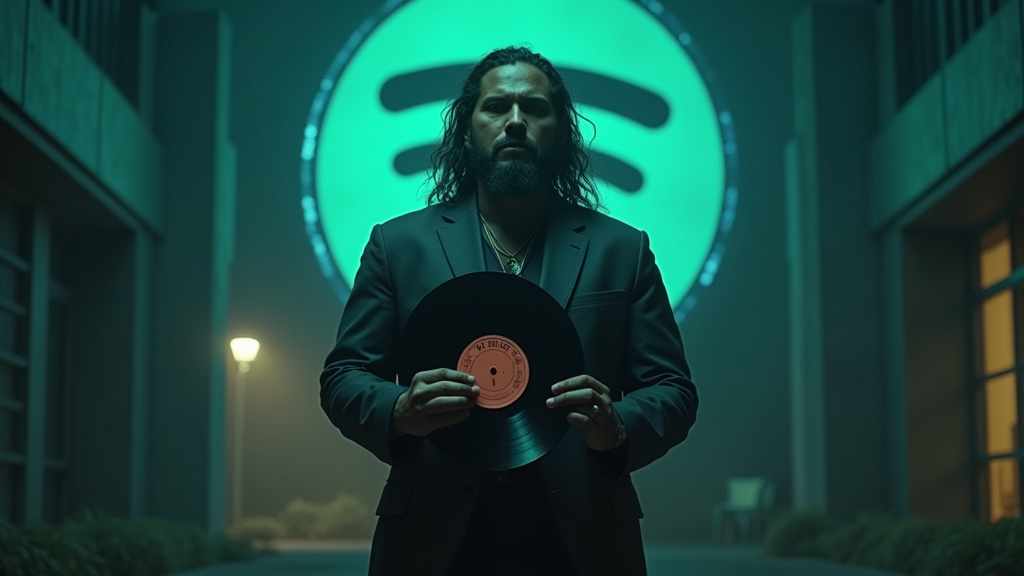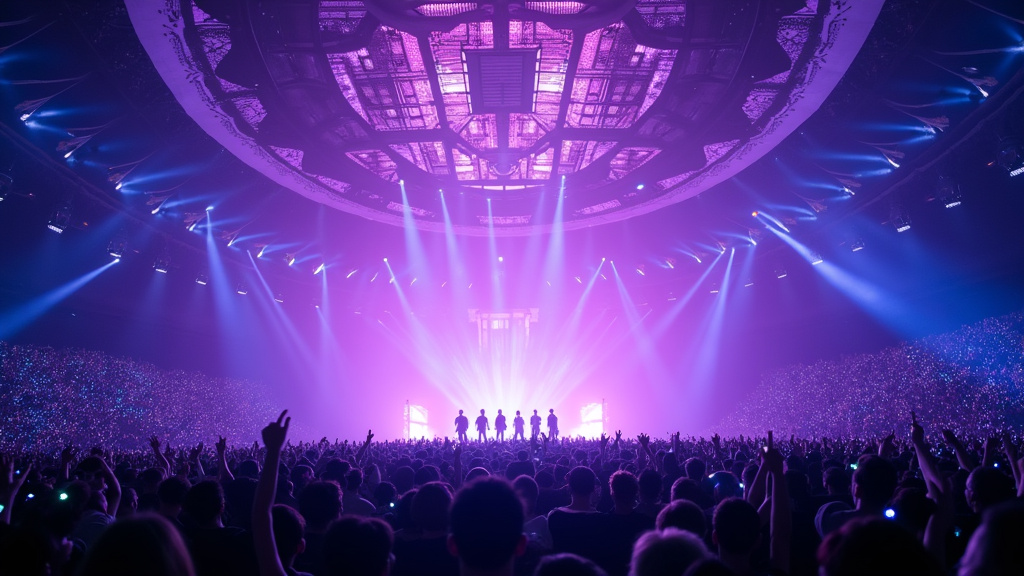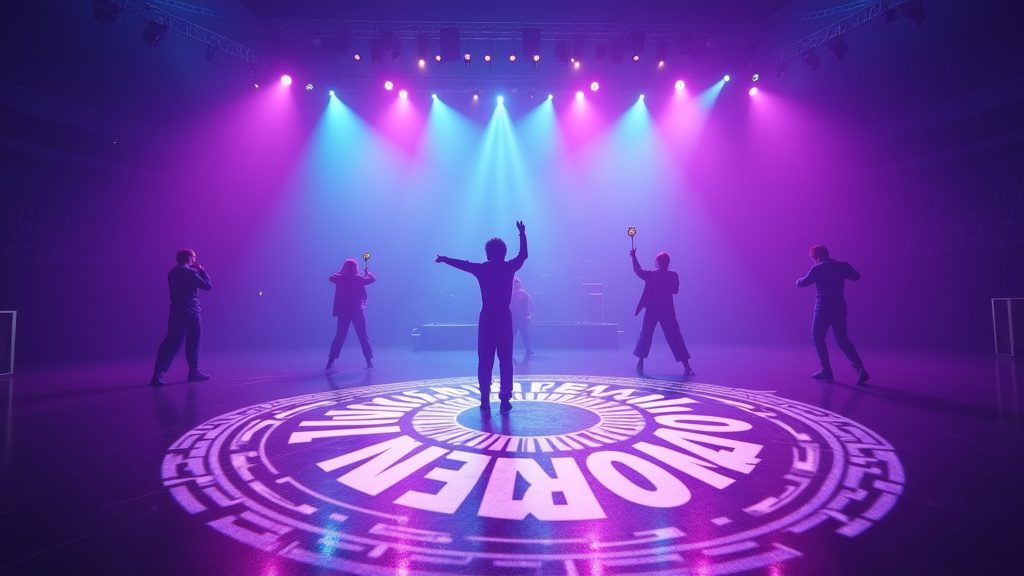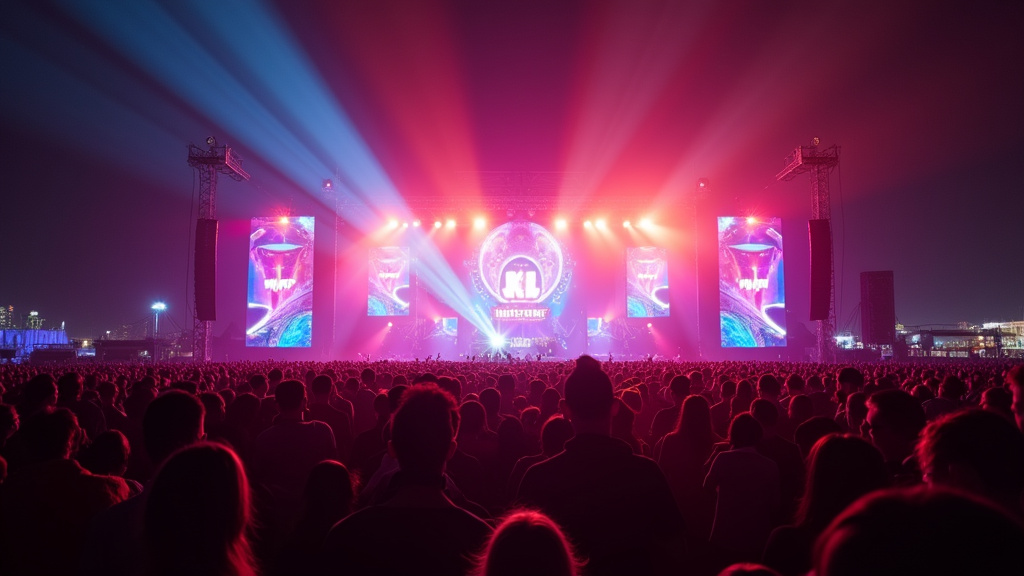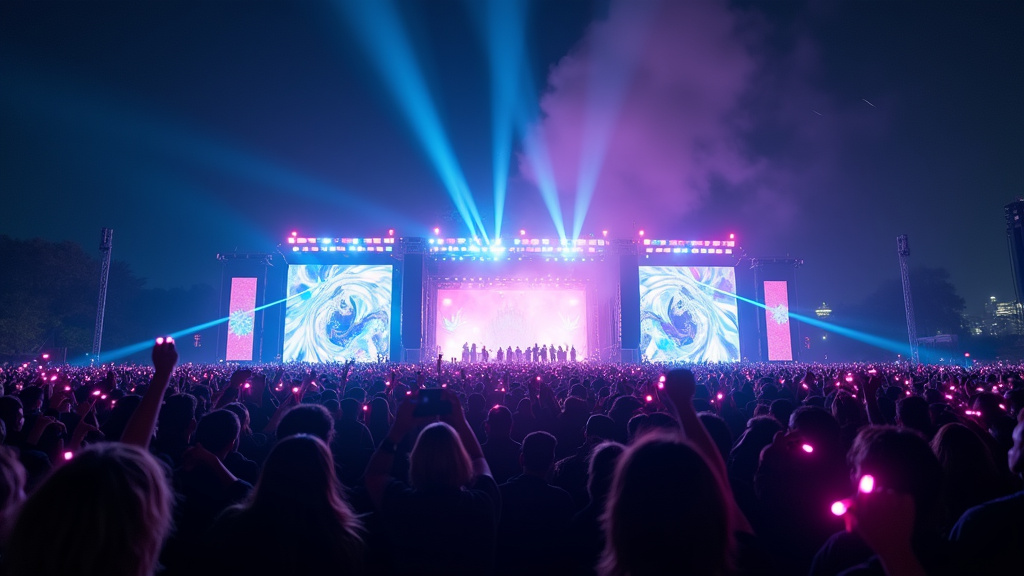A significant wave of New Zealand musicians, including prominent figures like Tiki Taane and the iconic band The Bats, are orchestrating a mass exodus from the streaming giant Spotify. This bold move is a direct protest against the platform’s notoriously low artist payouts, its increasing integration of AI-generated music, and more recently, controversial investments made by Spotify’s CEO. The burgeoning “Boycott Spotify NZ” movement has rapidly gained traction, resonating with artists both locally and internationally, signaling a growing unease within the global music community regarding the ethics and economics of digital music consumption.
Artists Unite Against Perceived Exploitation
At the forefront of this movement is Tiki Taane, who announced his departure with a track titled “Bye Bye Spotify,” declaring, “It’s time to take my music off Spotify.” He is joined by The Bats, a respected band from the Flying Nun Records label, and over a dozen other New Zealand acts, including Carb on Carb, Synthetic Children, and Recitals. These artists, operating under the “Boycott Spotify NZ” banner, have collectively issued a statement asserting, “We refuse to be exploited by Spotify any longer.” Their message highlights a core grievance: Spotify is perceived to be treating working musicians as “free laborers,” profiting immensely from their creative output with minimal returns to the creators themselves. Generally, each stream on the platform generates approximately one-twentieth of a New Zealand cent.
Green MP for Wellington Central, Tamatha Paul, has also publicly supported the boycott, expressing concern over how the company treats New Zealand creatives. She noted that local artists often do not receive a fair share of royalties, suggesting that “New Zealand Spotify subscribers are simply subsidizing big international artists”. The sentiment has spread beyond Aotearoa, with international indie bands such as Deerhoof, Xiu Xiu, and Australia’s King Gizzard & The Lizard Wizard also abandoning the platform in solidarity.
The Dual Threats: Low Payouts and AI Music
The dissatisfaction with Spotify is fueled by two primary concerns: the meager financial compensation offered to artists and the platform’s growing embrace of artificial intelligence in music creation. On average, Spotify pays artists between $0.003 and $0.005 per stream. This model, where approximately 70% of revenue goes to rights holders and 30% is absorbed by the platform, means artists must achieve millions of streams to earn a living wage. While Spotify reported a substantial revenue of over $8.2 billion and boasted 696 million monthly active users, many artists feel the current system is unsustainable for creators.
Compounding these financial woes is the rise of AI-generated music. Concerns have been amplified by the presence of “ghost artists” or “Perfect Fit Content” programs, and notably, AI-generated tracks that are not clearly labeled as such, potentially deceiving listeners. Examples like the non-existent band Velvet Sundown, which gained significant traction, highlight this issue. Critics argue that AI models are trained on vast datasets of human-created music without proper licensing or compensation, leading to fears that AI could displace human artists and flood platforms with cost-efficient, machine-made content, thereby devaluing authentic artistry.
A Billion-Dollar Investment Becomes a Tipping Point
While discontent over payouts and AI had been simmering, a significant catalyst for many artists was the revelation that Spotify CEO Daniel Ek had invested approximately NZ$1.2 billion into Helsing, a European defense technology company specializing in AI systems for military applications, including AI-driven fighter aircraft. This investment has drawn sharp criticism, with artists feeling their creative work should not indirectly fund military technology or “AI battle tech.” Statements like “We don’t want our music killing people” encapsulate this ethical conflict. The move by Ek, who became chairman of Helsing, has been seen by many as a stark contradiction to fostering a supportive ecosystem for artists.
Broader Industry Impact and Future Outlook
This wave of protests is not without historical precedent. Artists like Taylor Swift and Neil Young have previously boycotted Spotify over royalty disputes. However, the current movement uniquely combines financial grievances with ethical objections related to AI and corporate investment. While Spotify has a global reach and immense user base, this coordinated action from a significant segment of the music industry, particularly emerging from New Zealand, underscores a critical debate about the sustainability and fairness of the current streaming economy.
Spotify has yet to officially comment on the latest wave of artist concerns. As more musicians and fans voice their dissatisfaction, the pressure mounts on streaming platforms to re-evaluate their artist compensation models and their approach to AI-generated content, potentially reshaping the future landscape of music distribution and artist livelihoods. The “Boycott Spotify NZ” movement continues to encourage other artists and listeners to seek alternative platforms that better align with their values.

